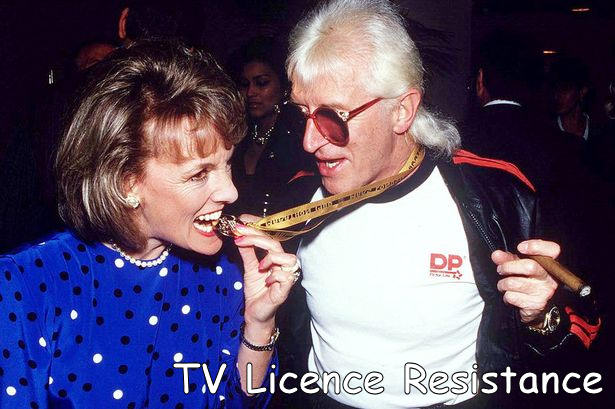
It should be the highest honour an area can bestow.
- Councils warned that roads and facilities should not bear celebrities’ names
- The Local Government Association said the policy would save taxpayers cash
- Savile’s Hall had to be re-branded at a £50,000 costs after the TV presenter was exposed as a paedophile
But councils have been told that roads, parks and other places should not be named after famous individuals – in case they are later exposed as paedophiles.
The guidance comes after hundreds of streets, footpaths, plaques and statues had to be renamed after Jimmy Savile was posthumously exposed as a sex offender.

The Local Government Association said the policy would save taxpayers money – but critics said it would prevent communities from honouring local heroes.
The guidelines, from local government quango GeoPlace, say that streets should not be named after anyone – including fallen soldiers – in case they are linked to ‘inappropriate activity’.
The advice was issued as part of an initiative to improve the National Land and Property Gazetteer, which is used by national bodies as an address database.
Councils have also been told to stop using the word ‘the’ in new place names, after emergency services said it causes lengthy delays as they try to clarify addresses.
Following revelations about Jimmy Savile’s crimes, hundreds of signs had to be replaced. These include those at Savile’s Hall conference centre in Leeds, at a cost of £50,000.

Councils have now been ‘strongly advised’ against using people’s names to ‘avoid the possible occurrence of future information coming to light that may then taint that specific road name based on an individual, and give rise to costly street rename procedures’.
A spokesman for the Local Government Association said the guidance would help reduce the ‘significant cost’ and ‘practical difficulties’ that could result from changing street names.
But the minister for local government, Marcus Jones, said he was against the move and that naming streets after local heroes was an ‘excellent way’ of commemorating individuals who ‘give their lives in service of their country.’